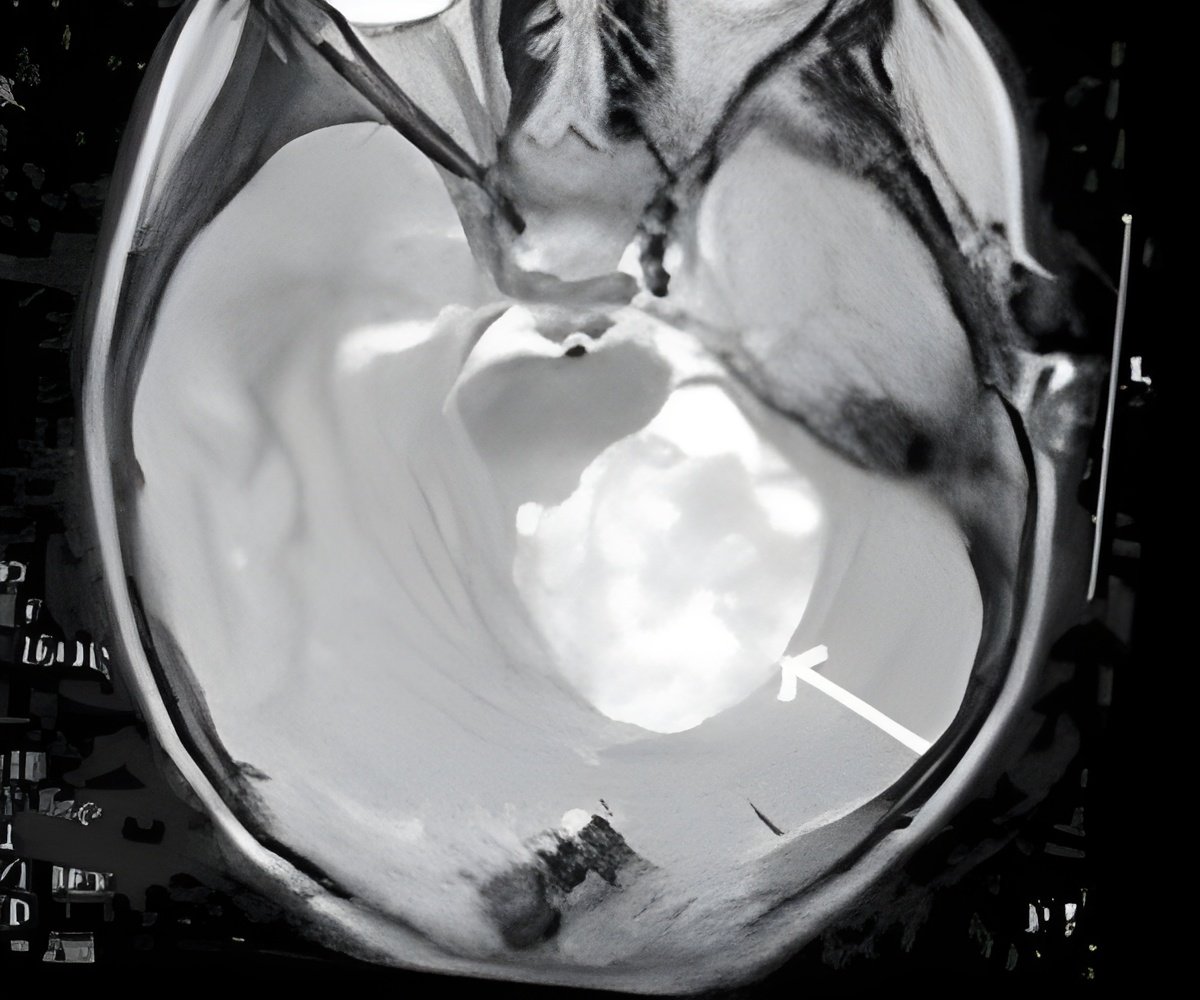
In a review of actual clinical practice, Dr. Louie's group looked at the driving assessments for patients receiving brain radiotherapy at London Health Sciences Centre's (LHSC) London Regional Cancer Program (LRCP) between January and June 2009. Results show only 41% of patients were advised not to drive, and only 30% were reported to MTO. Of the patients who experienced seizures – automatic grounds for revoking a license – only 68% discussed driving with their doctor, and only 56% were reported to the licensing authority.
Research from other countries, and in other medical conditions like heart disease and diabetes, suggests inconsistent assessment and reporting are widespread concerns. Further research is required to determine the extent of the issue and to provide an appropriate solution.
"Our overarching goal is to make Canadians aware that this is an issue," Dr. Louie says. "We need more clear and precise guidelines, and more education of physicians, to protect both the safety of our patients and our society."
Dr. Louie presented the results of this study last night at the Novartis Oncology Young Canadian Investigator Awards (NOYCIA) Dinner in Chicago, where he was honored for the second year in a row.
Source-Eurekalert















